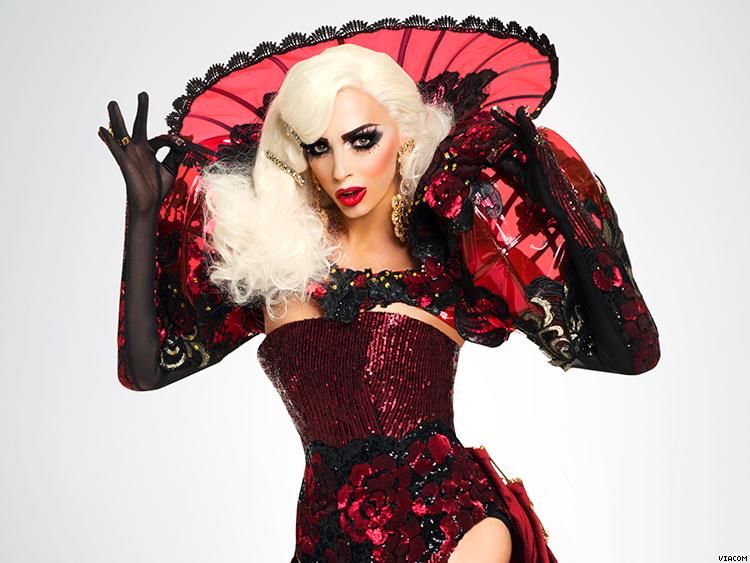What Does The Demise Of Iconic Local Pubs Frontiers & Next Say About Our Media?

If video killed the radio star, what’s gunning down LGBTQ media? This week, Multimedia Platforms Worldwide, the parent company of such storied local publications as Next, Frontiers, and Florida Agenda, petitioned for bankruptcy after getting spanked by a default lawsuit, leading to the seizure of CEO Bobby Blair’s assets.
While a recent article published by The Advocate claims this is merely “particular to that company, not symptomatic of LGBT media in general,” that explanation fails to account for the closures of several other queer news outlet in recent months and years. It’s possible the MPW pubs will emerge from bankruptcy (suiters have lined up), but we also can’t ignore challenges facing our media–from the high cost of print distribution the demise of local classified ads to the dispersing of local gay communities and the mainstreaming of our culture. Sometimes these days it seems we are only held together by hookup apps.
Here’s a list of several LGBT sites and publications, both local and national, that have nosed dived this year alone: Trend or aberration? Sound of on your reasons in comments below…
Last month, this prominent queer women’s website announced it will be forced to layoff its staff, effectively shutting down the 14 year old news outlet. Editor in Chief Trish Bendix lamented via twitter that Evolve Media, who bought the site from Viacom in 2014, “found we are not as profitable as moms and fashion.”
2. Florida Agenda
Touted as “Florida’s LGBTQ newspaper of record,” the Agenda was the first queer publication owned by Multimedia Platforms Worldwide, and one of the many casualties of MMPW’s law suit. Its staff was completely gutted last week, leaving the Sunshine State a little dimmer for queer readers.
3. Frontiers Magazine
Southern California’s longest running LGBTQ magazine has suffered its share of financial turmoil over its 35 years of publication. In 2013, the queer news outlet filed for bankruptcy, and was rescued by businessman Michael Turner, who hoped to to expand its reader base and increase its digital presence. In spite of these aspirations, the Los Angeles-based queer zine continued to struggle, and was sold again in 2015, this time to Blair. Although Frontiers most recent issue has posted online, printed copies have ceased hitting news stands.
4. Gay.com
Back in August, the quintessential chat room hub of the 90’s was sold by LA-based Here Media to porn purveyor VS Media, who quickly endeavored to usher the site into the 21st century of sexuality. At one time, Gay.com posted great original content, which has been supplanted by links to Here Media publications such as The Advocate and Out. But let’s be honest, no one is logging on into this hook-up site to read articles. And even then, Grindr pretty much renders it obsolete.
5. Next
Founded in 1993 as a much needed mouthpiece for Guiliani-era queer New Yorkers, Next quickly evolved into Gotham’s gay nightlife Bible edited by a series of remarkable journalists, from Queerty’s Derek DeKoff and John Russell to NewNowNext’s Dan Avery (also former managing editor of Queerty). The magazine was yet another entity gobbled up by MMPW last year and suffered the same fate as its siblings, losing its entire staff in recent weeks. Michael Musto was quick to express his love for the dismissed editorial team and pubs. “My deepest regrets over the suspension of publication of Next magazine and Frontiers magazine,” he said. “These have been worthy gay pubs that have connected, entertained, and informed us.”
6. SheWired
Like AfterEllen, this Here Media femme-centric site suffered from the ongoing trend of indifference towards lesbian and bisexual female content. It was folded into the women’s section of Pride.com, once again reducing this section of the LGBT community into a niche demographic, leaving it largely alone in the trusty hands of the fabulous site, Autostraddle.
















